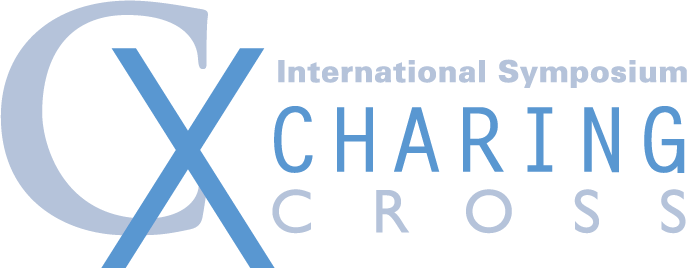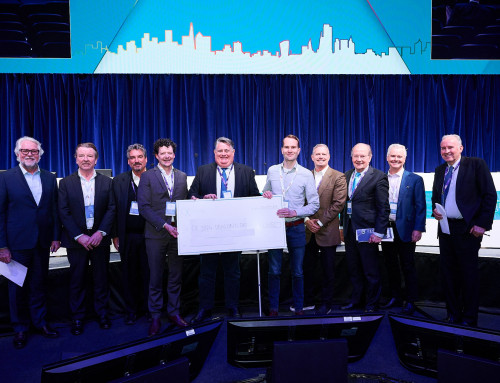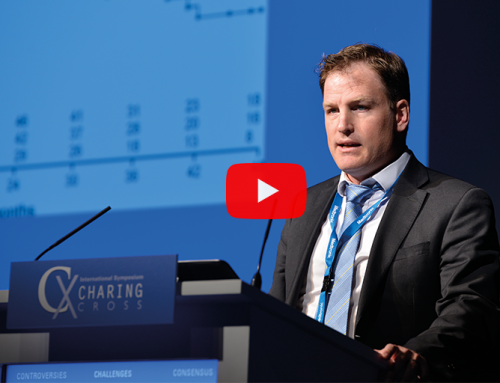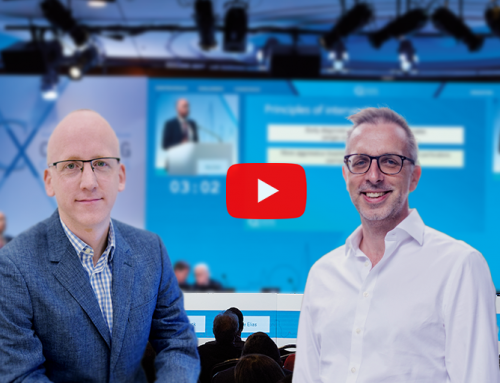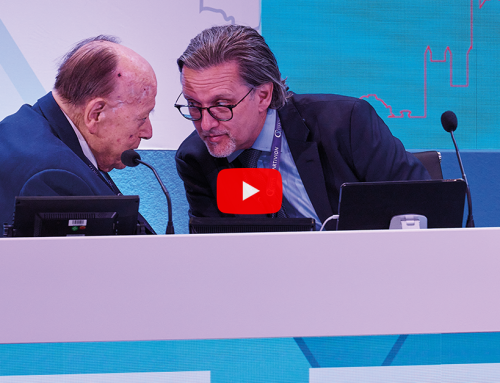In 2016, the Charing Cross Symposium will offer delegates a new session dedicated to exploring the challenges in acute stroke treatment. The half-day session will take place on Friday 29 April at Olympia Grand, London, UK.
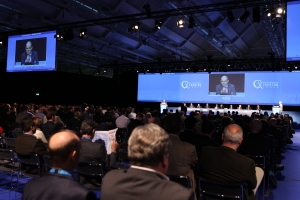
Discussing the rationale for incorporating this session at this year’s Symposium, Roger Greenhalgh, chairman of the CX Programme Organising Board, says: “The realisation that a number of strokes are caused by interventions in the aorta and manipulations in the arch has led to the birth of the new Acute Stroke Challenges Programme, a natural extension of the Charing Cross Symposium.”
Ross Naylor (Leicester, UK), member of the CX Programme Organising Board and co-director of the Acute Stroke Challenges session, alongside Martin Brown (London, UK) adds: “For too long, stroke has been the ‘poor relation’ when compared with the much greater emphasis placed on cardiological interventions and endovascular treatment of aortic pathologies. Yet, there are important advances happening all the time in the field of stroke prevention and its acute treatment, which affect a lot of medical specialties. It is rare for experts from vascular surgery, interventional radiology, neurointerventional radiology, neurology and cardiology to be able to meet and participate in a dedicated Acute Stroke Challenges session to debate and discuss all the latest evidence and innovations. Fortunately, CX will offer that opportunity.”
The purpose of the Acute Stroke Challenges Main Programme, Greenhalgh comments, “is to encourage a multidisciplinary approach such that unwanted emboli to the brain can be managed by clot retrieval, and to encourage the optimisation of referral so that stroke patients reach the best hands as fast as possible.”
Speaking about the highlights of the session, Naylor comments: “We will be covering everything from identifying the high-risk carotid plaque, through access to urgent stenting and carotid endarterectomy in the hyper acute period after onset of symptoms, modern medical therapy strategies, dual antiplatelet strategies during carotid surgery, emergency endarterectomy for progressing stroke, the various strategies available for intracranial clot retrieval and a debate about who should be performing intracranial thrombectomy. The day concludes with a series of papers on strategies for reducing arch embolisation during thoracic endovascular procedures, as well as other techniques for reducing the overall burden of cerebral embolisation during various arch interventions.”
Complementing the Acute Stroke Challenges Main Programme, delegates will also have the opportunity to hear original research in the field from trainee and senior physicians at the Acute Stroke Challenges Abstract Presentations on Thursday 28 April. Naylor notes that talks at this session will cover techniques for evaluating new stent designs, inflammatory markers in acute carotid plaques, outcomes after carotid interventions following thrombolysis and the prevalence of new brain lesions after carotid interventions.
Vascular and endovascular surgeons, interventional radiologists, interventional cardiologists, stroke teams, neurologists, interventional neuroradiologists, neuroradiologists, stroke nurses and technicians are invited to attend the New Acute Stroke Challenges session and the Abstract Presentations.
The CX Acute Stroke Challenges will take place at the Charing Cross Symposium on Friday 29 April – Upper Main Auditorium, Olympia Grand, London, UK
Click here to see the CX Interactive Main Programme – Acute Stroke Challenges
Click here to see the CX Acute Stroke Challenges Abstract Presentations
Click here to register

